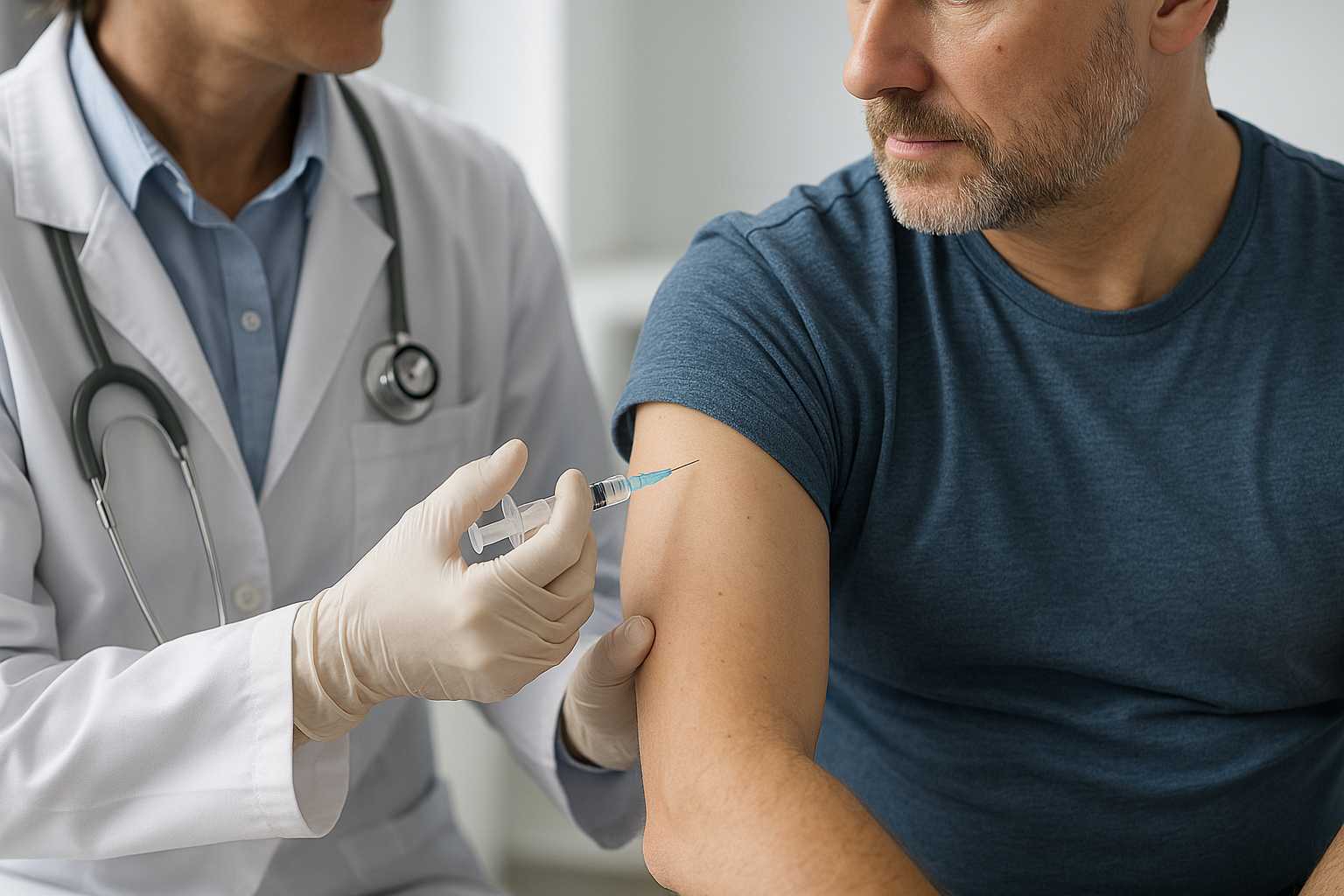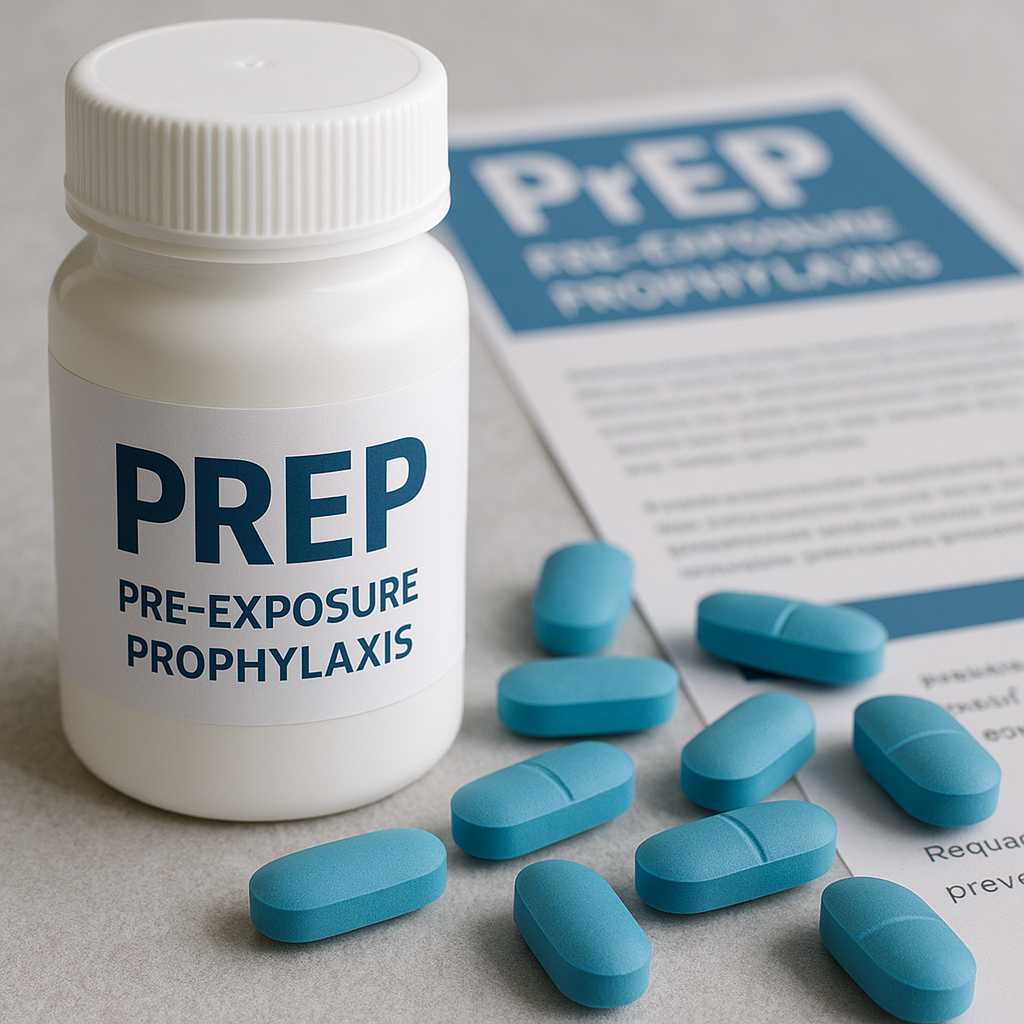- Quick Start: Find a Testing Location Near You
- What is HIV Antibody Testing?
- Why Should I Be Tested? – The Benefits of Knowing
- How Is HIV Spread?
- Who Should Be Tested?
- When Should I Be Tested?
- What About My Privacy? Confidential or Anonymous.
- Where Can I Get Tested?
- I’ve Taken the Test. What Happens Now?
- What Do My Test Results Mean?
- Should I Take the Test Again?
- Still Have Questions about HIV Testing?

What is HIV Antibody Testing?
HIV testing determines whether or not you are infected with the Human Immunodeficiency Virus (HIV). This virus destroys the body’s ability to fight off illness, and is the cause of AIDS (Acquired Immune Deficiency Syndrome). more from New Mexico AIDS InfoNet
Why Should I Be Tested? – The Benefits of Knowing
- Immune system monitoring and early treatment can greatly improve your long term health.
- Knowing you are positive may help you change behaviors that would put yourself and others at risk.
- You will know whether or not you can infect others.
- Women and their partners considering pregnancy can take advantage of treatments that potentially prevent transmission of HIV to the baby.
- If you test negative, you may feel less anxious after testing.
How Is HIV Spread?
- Anal, vaginal, or oral sex without a condom. If you have another sexually transmitted disease, you chances of contracting HIV during sex are much higher.
- Direct blood or mucous membrane contact with an infected person’s blood.
- From an infected mother to her child, during pregnancy, birth, or breast feeding.
- Sharing needles or equipment for drug use.
Who Should Be Tested?
Testing is recommended if:
- You think you may have been exposed to the HIV. If you’re not sure, take this anonymous survey.
- You are sexually active (3 or more sexual partners in the last 12 months)
- You received a blood transfusion between 1977 and 1985, or a sexual partner received a transfusion and later tested positive for HIV.
- You are uncertain about your sexual partner’s risk behaviors.
- You are a male who has had sex with another male at any time since 1977.
- Any of your male sexual partners has had sex with another male since 1977.
- You have used street drugs by injection since 1977, especially when sharing needles and/or other equipment.
- You have a sexually transmitted disease (STD), including pelvic inflammatory disease (PID).
- You are a health care worker with direct exposure to blood on the job.
- You are pregnant. There are now treatments that can greatly reduce the risk that a pregnant woman who has HIV will give the virus to her baby.
- You are a woman who wants to make sure you are not infected with HIV before getting pregnant.
Even if you have no risk factors for HIV infection, you may still want to get tested to ease your own mind. This also encourages everyone to be more responsible about HIV transmission.
When Should I Be Tested?
After a possible HIV exposure:
An HIV test will not detect the presence of the HIV virus immediately after exposure. Statistics show that 96% (perhaps higher) of all infected individuals will test positive within 2 to 12 weeks. In some cases, this may take up to six months.Think about this: if you got a negative test at six weeks, would you believe it? Would it make you less anxious? If so, go for it. But to be certain, you will need to be tested again at six months. more from San Francisco AIDS Foundation
Periodic Testing:
- Many people continue to engage in some degree of risky behavior, and choose to be tested for HIV periodically (every six months, every year, or every other year.)Since the window period for developing a positive test result can be as long as six months, it would rarely make sense to be tested more often than this.There are clear benefits to early medical attention for infection with the HIV virus. There is little agreement on how early this must be. But if you wait longer than two years, treatment of the disease may be less effective.
- If you are beyond the six month window period from a possible HIV transmission event and were reported HIV negative by an accurate HIV test (and you are not subsequently put at risk for HIV), you can consider yourself HIV negative. There is no need to retest. However if it eases your anxiety, you may wish to take the test again periodically.
What About My Privacy? Confidential or Anonymous.
Anonymous testing means that absolutely no one has access to your test results since your name is never recorded at the test site. Confidential testing sometimes means identifying yourself in some manner to the test site, with their assurance that this information will remain private.Anonymous test sites are highly recommended because:
- The quality of the education and counseling that is provided is very good.
- The testing is usually free.
- The testing is reliable and automatically includes confirming tests.
- It protects you from risks of discrimination or adverse impact, especially in applications for insurance.
- Sometimes even taking an HIV test, regardless of the result, might cause an insurance application to be refused.
Anonymous testing sites never give written results. Some sites who do anonymous testing also do confidential testing, which may also include written results. At least 11 states do not currently provide anonymous testing. courtesy of San Francisco AIDS Foundation
Where Can I Get Tested?
You can arrange for HIV testing at an established testing center, or at your doctor’s office. Test results are usually available within one to two weeks. Home test kits allow you to mail in a sample, and receive your results sometime later via telephone.
Testing Centers
Home Testing – Is It For Me?
Problems with Home Testing
- Getting test results over the phone can be very difficult, especially if the test is positive. A person can just hang up and never hear all the counseling and information they need to hear. Test counseling is best done face-to-face, and is most effective this way.
- If someone sees you purchase the test, finds the packaging in the garbage, or sees your test ID card, then your confidentiality may be compromised.
What Test Should I Buy?
Be sure you get an FDA approved test kit, such as “Home Access.” Other tests are available, and some have been shown to be inaccurate. These are available over-the-counter at most drug stores. more from Federal Trade Commission
I’ve Taken the Test. What Happens Now?
- Depending on the test you take, you may have to wait a week or more obtain your results.
- If you can, take a friend with you to pick up your results – especially if this is your first test or if it has been a long time since you last tested. They may be a source of comfort for you if your results are positive. If not, the two of you can celebrate together.
- Some more recently developed tests can provide you with your results within an hour. Occasionally these tests can be inconclusive, and you must still wait one or two weeks for the final result.
What Do My Test Results Mean?
A negative test result means:
- If you have not engaged in any risky behaviors for the last 6 months, you are not currently infected with HIV. If you have had unprotected sex or shared needles or have other risk factors in the last 6 months, you should be tested again. You could still be HIV positive, and pass the HIV on to other people, even though your test is negative.
- A negative test does not mean that you are immune to HIV.
- Some people who have a negative test may be tempted to continue risk behaviors, believing “It can’t happen to me.” If you continue unsafe behaviors, you are still at risk.
A positive test result means:
- You are infected with the HIV virus. This does not necessarily mean that you have AIDS.
- A person with HIV is infected for life. He or she can pass the virus to others by having unprotected sex, or by sharing drug use needles or equipment. To protect yourself and others, you need to avoid doing these things. A woman who has HIV can pass it on to her unborn or breast feeding baby. Those carrying the HIV virus should not donate blood, plasma, semen, body organs, or other tissue.
- You should choose a doctor to monitor the progression of HIV in your body, and advise you on when it is appropriate to begin treatment. There are differing opinions about how early to begin treatment, but it’s clearly much better to begin treatment long before symptoms of AIDS develop. The only way you can tell when to begin treatment is by having a doctor interpret additional tests. You may wish to change to a doctor that specializes in HIV care.
- If your HIV test is positive, your sexual partners and anyone with whom you have shared drug injection equipment may also be infected. They should be told they have been exposed to HIV and advised to seek HIV counseling and antibody testing. You can tell them yourself, work with your doctor, or ask for help from the local health department. Health departments do not reveal your name to sexual or drug-use partners, only the fact that they have been exposed to HIV.
Should I Take the Test Again?
Periodic testing has the following benefits:
- It takes up to 6 months for the HIV virus to be detected. If you have tested before this time has passed, you should test again to allow for this.
- Always knowing your HIV status may empower you to continue doing the right things.
- May give you an increased peace of mind in knowing you are negative.
- If you should become positive, you will know at the earlier possible moment and will have more treatment options available to you than if you learn about this later.


